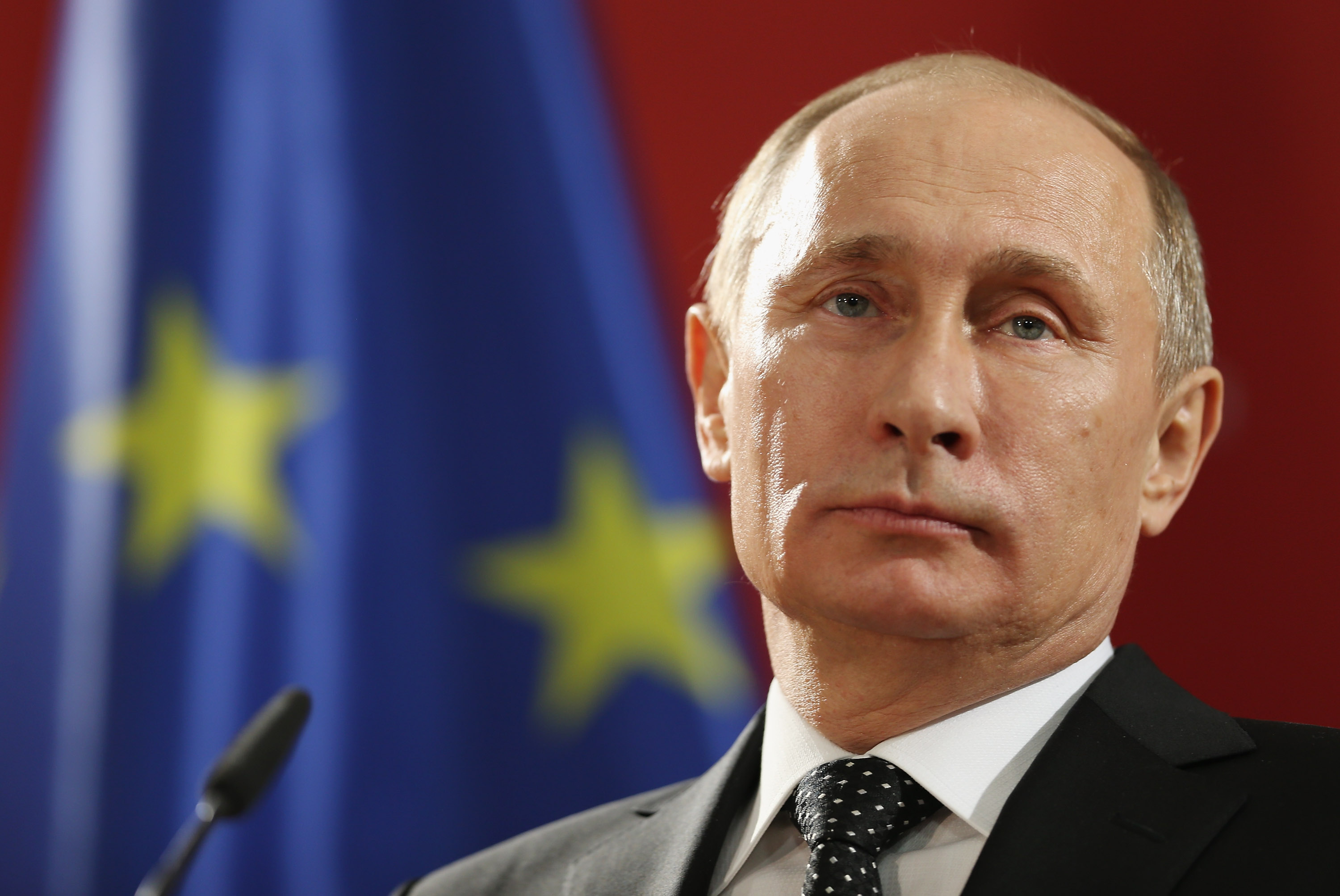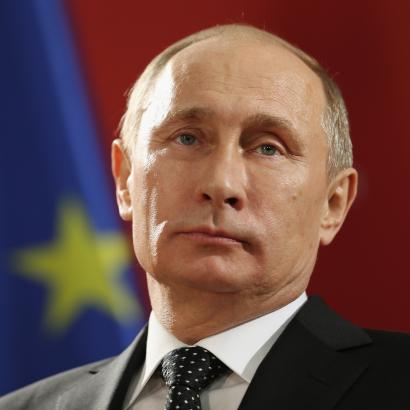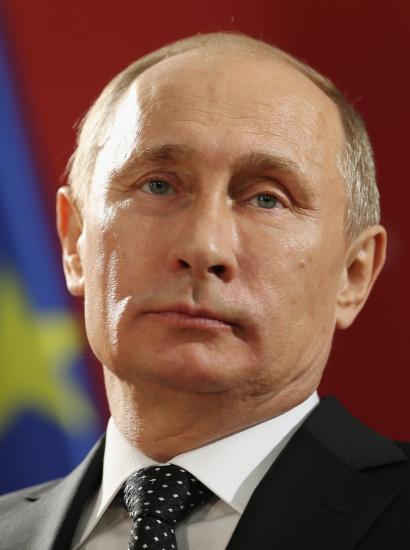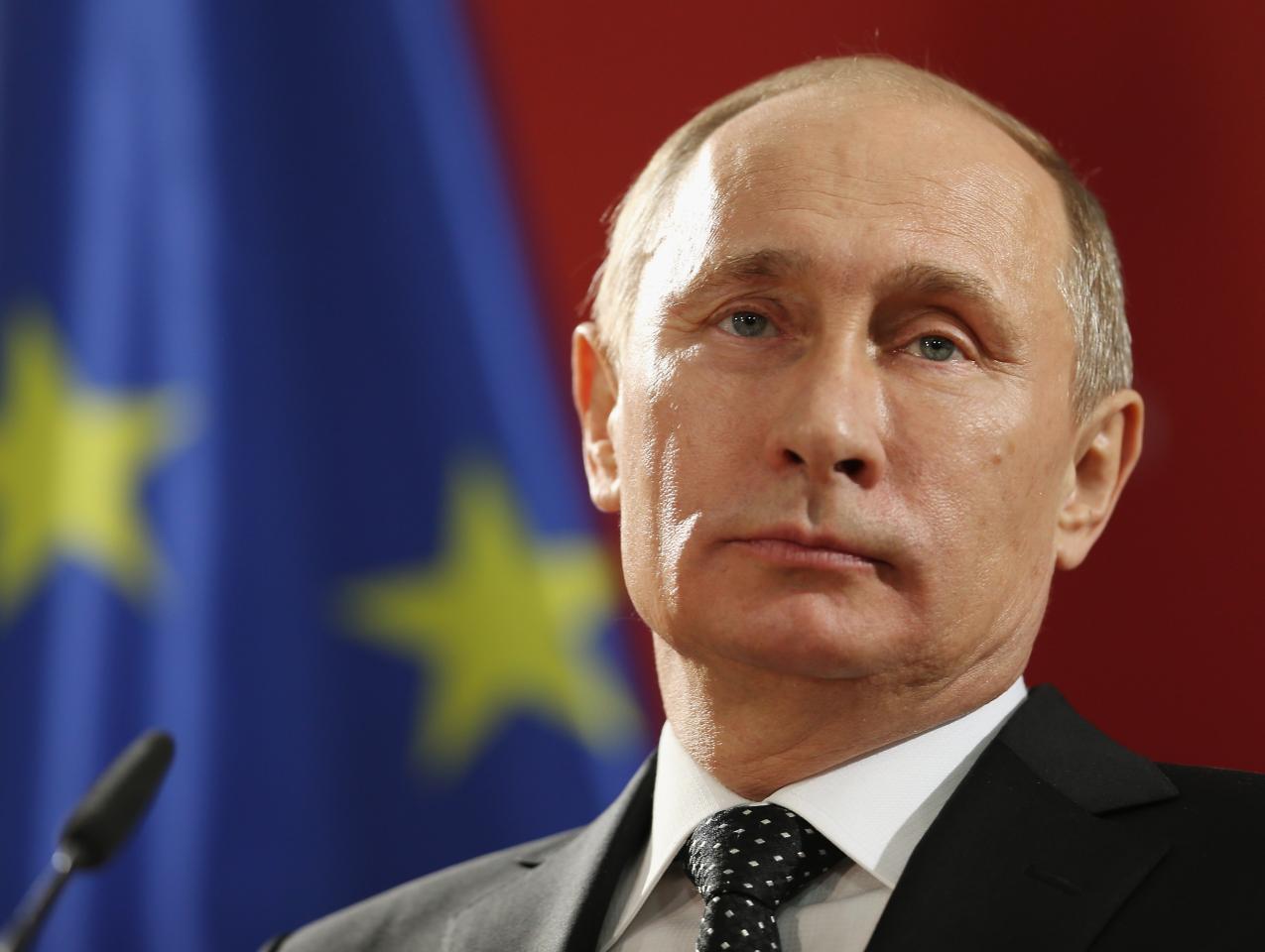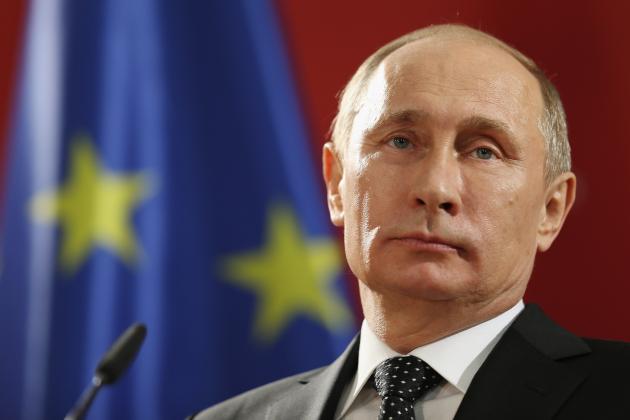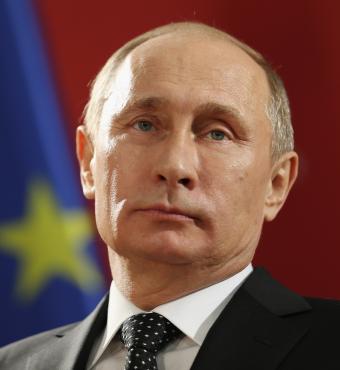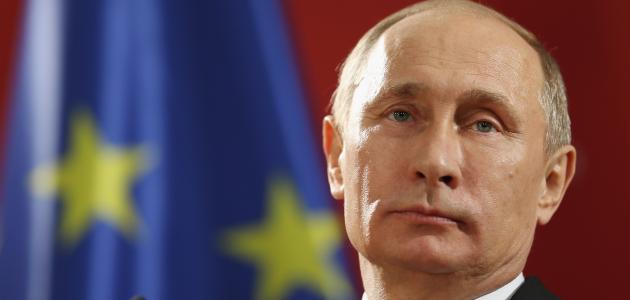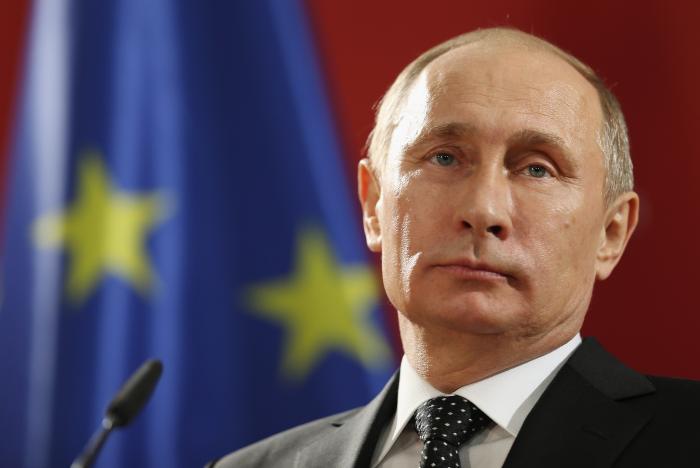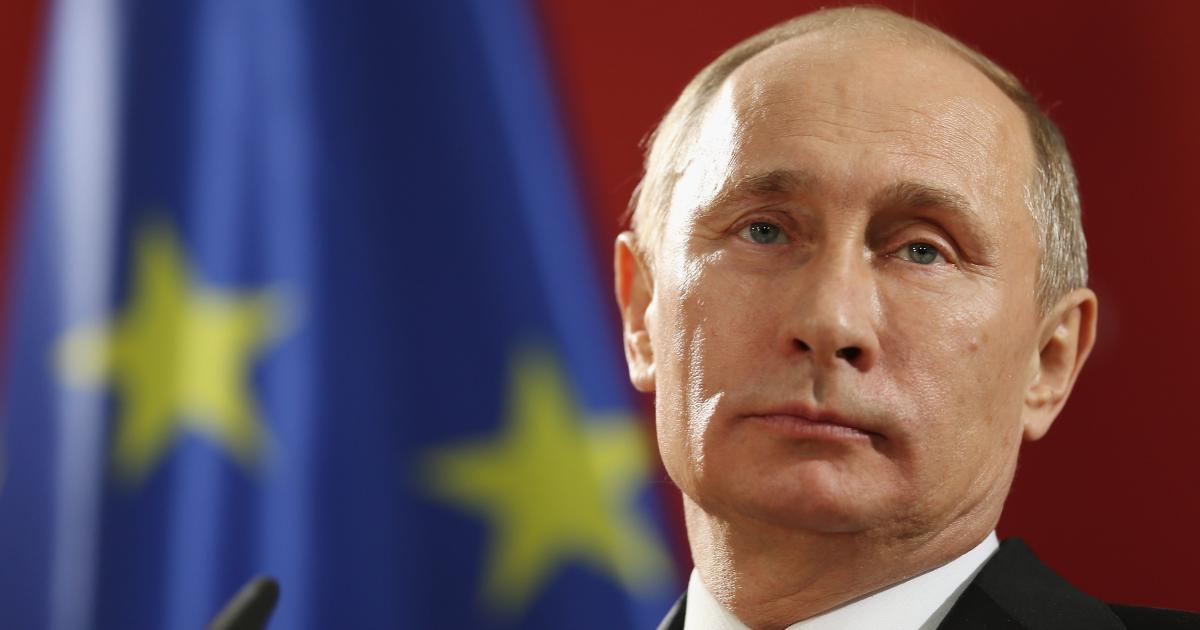- Security & Defense
- Cyber Security
‘Handygate” is another instance of foreigners hijacking what they think is American English and hip. A “handy” is a cellphone in German. Melded with “gate,” it stands for the U.S. National Security Agency’s assault on Germany’s national dignity: hacking into Chancellor Angela Merkel’s mobile, as trumpeted by defector Edward Snowden from his Moscow hideout in 2013.
Now the German media are engaged in equal-opportunity bashing. The NSA gets it but so does the BND, Germany’s Federal Intelligence Service. Earlier this month the cover of Der Spiegel read: “The Betrayal.” Inside, the magazine claimed that the government and its spooks had undermined the nation’s interests, with the BND spying on German citizens and European companies on behalf of the villainous NSA. The hero of the drama is Mr. Snowden, who keeps dribbling out pilfered classified data.
“Friends don’t spy on friends” was the line out of the chancellor’s office during Handygate. But they do. In the real world, everybody spies on everybody. Ask such best friends as the CIA and Israel’s Mossad. Germany is also a favorite playground for British and French intelligence, not to mention Russians and Chinese. Berlin, after all, is the fulcrum of the strategic balance in Europe and capital of the world’s third-largest arms exporter.
The BND stands accused of delivering massive amounts of metadata—such as account details and phone-call histories—to the NSA as well as reams of intelligence on European arms consortia, European Union institutions and EU leaders. It also allegedly supplied phone numbers the NSA presumably used to eavesdrop on the French.
Prosecutors are filing charges against “persons unknown.” Parliament is investigating. Opposition parties of the left are smearing Ms. Merkel, yesterday’s NSA victim, as a “poodle” of the Americans. But the basic story is as fresh as last week’s weather report.
Helmut Schmidt, Germany’s chancellor from 1974 to 1982, likes to quip that all his phone calls were monitored by somebody or other. Helmut Kohl, chancellor from 1982 to 1998, devised a low-tech defense: a Mason jar full of coins kept in his Mercedes. For sensitive calls, he was driven to a lonely phone booth in the Bonn countryside. One can imagine scenes of Mr. Kohl fumbling for one-mark pieces while pleading with French President Chirac: “Hang on, Jacques, while I drop more silver into the slot. Now, what did you say?”
What is the difference between then and now? In the old days, when West Germans huddled under America’s strategic umbrella, U.S. agents caught spying were discreetly told to go home. After Handygate, Berlin’s CIA station chief was kicked out in full public view. Every time Mr. Snowden parcels out another chunk, it is rumble time between Washington and Berlin.
Is this anti-Americanism? True, the chattering classes are none too fond of Uncle Sam. But nine out of 10 Germans ranked the U.S. first when the Allensbach Institute for Public Opinion Polling asked in 2013 which country is “particularly important” as guardian of world peace; 64% believe that Germany should “cooperate closely” with the U.S. So realism will prevail.
Listen to BND President Gerhard Schindler. “The NSA is our partner, not our opponent,” he told a parliamentary panel last week. “We are dependent on the NSA, not the other way round.” Mr. Schindler added that the U.S. had provided Germany with “significant” intelligence on terrorist plots. And in the snooping business you have to give in order to get. Hence the BND delivers what the market demands.
But doesn’t the NSA conduct “industrial espionage,” as the current indictment has it, like the Chinese? Not quite. If it did, Detroit would build better cars. Take the Airbus Group (formerly EADS), the Franco-German concern that manufactures Airbus as well as sophisticated weaponry. The state as hired gun of Big Business à la China isn’t the American way. If the NSA were to slip Airbus Group blueprints to Boeing, its domestic rivals would scream “foul” and hit the federal government with multibillion-dollar lawsuits.
But you can’t blame the U.S. for wanting to know about illegal arms transfers, underhanded subsidies or bribes to foreign buyers. It would likewise be as legitimate for Europeans to find out what Boeing or Raytheon were doing out of the public eye. So instead of grandstanding, my advice to Europeans is get some respect from those imperious Americans by acquiring the means to play tit for tat.
Unfortunately, the U.S. can do what the Europeans cannot. The BND used to be first rate during the Cold War when it had a leg up on its Western partners in scoping out the Warsaw Pact. This made the BND a valued trading partner. Today it needs to tap the vast global network of the U.S.—and give in return.
Dependency grates. That is at the core of the recurrent flareups and protestations of superior morality in Europe. Yet in a nasty world, sanctimony and badmouthing the NSA and BND have a price. Annoyed by the leaks coming out of Berlin, the NSA is threatening a “reappraisal” of the relationship while German politicos are openly agitating for its “curtailment.” How will that improve German intel?
Mr. Putin must be smiling as he watches Berlin and Washington, the West’s strongest powers, going mano-a-mano—thanks to Edward Snowden, who will keep ladling out the venomous brew. As kingpin of Russia’s divide-and-conquer strategy, Mr. Snowden will rank as the greatest counterintelligence disaster since the Rosenbergs and Klaus Fuchs, who betrayed America’s most precious nuclear secrets to Moscow.







